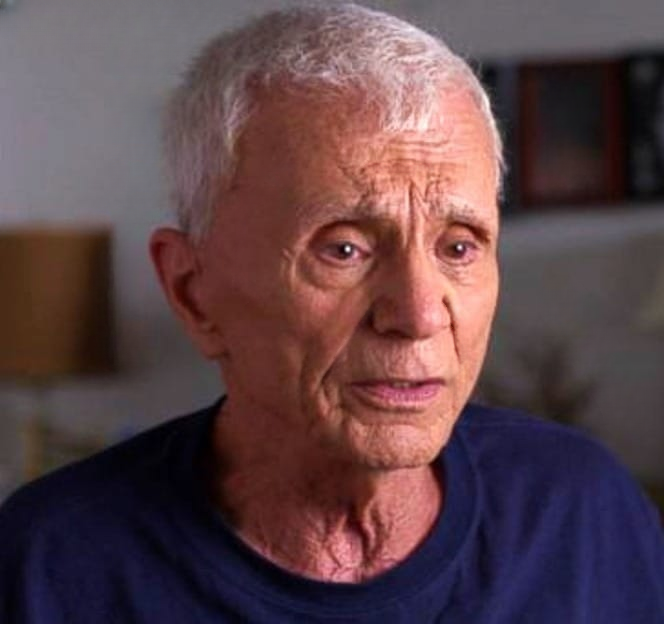According to Deadline, actor Robert Blake has passed away at the age of 89. The announcement was made by his niece, Noreen Austin, who shared that Blake died peacefully at home, surrounded by family, after struggling with ongoing cardiac issues, as reported by Fox News. In his final years, Blake spent his time playing the guitar, watching classic movies, and listening to jazz music, enjoying a quiet life away from the public eye.
Blake’s Hollywood career began in the late 1930s, marking the start of a long and prolific journey in the entertainment industry. In 1939, he made his acting debut in the film Bridal Suite, playing an uncredited role as a young child. Over the next several decades, Blake amassed nearly 150 acting credits, demonstrating remarkable versatility and commitment to his craft.
Among his most memorable roles were his performances in the 1967 film In Cold Blood and the popular 1970s television series Baretta. The latter, in particular, propelled Blake to widespread recognition and critical acclaim. Over his career, he received four Emmy nominations, winning one for his work on Baretta. His final dramatic role came in the 1997 murder mystery Lost Highway, which added to his already impressive body of work.
While Blake’s death marks the end of a long and influential career, it also evokes memories of the tragic events that overshadowed the later years of his life. Many remember not only his talent but also the infamous case that garnered international attention and complicated his legacy.
In May 2001, Blake’s second wife, Bonnie Lee Bakley, was tragically murdered. According to the Los Angeles Police Department, Bakley, 44 years old and Blake’s wife for just one year, was found dead “slumped in the front seat” of Blake’s car. Bakley, who had been married ten times in her life, was 23 years younger than Blake. The shocking nature of the crime and Blake’s subsequent arrest 11 months later made headlines around the world. LAPD spokesman Officer Don Cox confirmed at the time, “We are verifying that we have arrested Robert Blake in relation to his wife’s death.”
Throughout the investigation and court proceedings, Blake consistently denied any involvement in Bakley’s death. According to his account, he had left her in the car after dinner and returned to find her lifeless. During the lengthy legal process, which included a year of detention before posting a $1.5 million bond, Blake maintained his version of events. In a 2003 interview with Barbara Walters, he attributed Bakley’s tragic end to the circumstances of her upbringing, suggesting that her past relationships and life experiences played a role in her demise.
On March 29, 2005, Blake was found not guilty of the murder charge. However, despite his acquittal, his reputation never fully recovered. The trial, which was heavily covered by the media, left a lasting mark on the public perception of Blake, overshadowing much of his professional accomplishments.
Even with the controversy, those who remember Blake for his artistic contributions recall a performer with a unique presence on screen. His portrayal in In Cold Blood and the charismatic character of Tony Baretta remain defining moments in television and film history, demonstrating his ability to command attention and evoke emotion.
Blake’s life story is a complex mixture of artistic triumph and personal tragedy. From his beginnings as a child actor to the acclaim he earned as an adult, he navigated Hollywood’s highs and lows with determination. Yet the events surrounding Bakley’s murder highlight how swiftly public perception can shift, regardless of the final verdict.
In his later years, Blake lived a quieter life, embracing hobbies like music and film. Friends and family described him as someone who valued moments of peace and reflection, often retreating from the spotlight that had both elevated and complicated his life.
Despite the challenges and controversies, Blake’s contributions to Hollywood remain significant. His work continues to influence actors and audiences alike, a testament to the enduring impact of his craft.
Robert Blake’s passing closes a chapter on a life marked by remarkable talent, turbulent events, and enduring public fascination. He leaves behind a complex legacy, one that intertwines the brilliance of his performances with the shadows of personal misfortune, reminding the world of the unpredictable nature of fame and the fragility of reputation.
